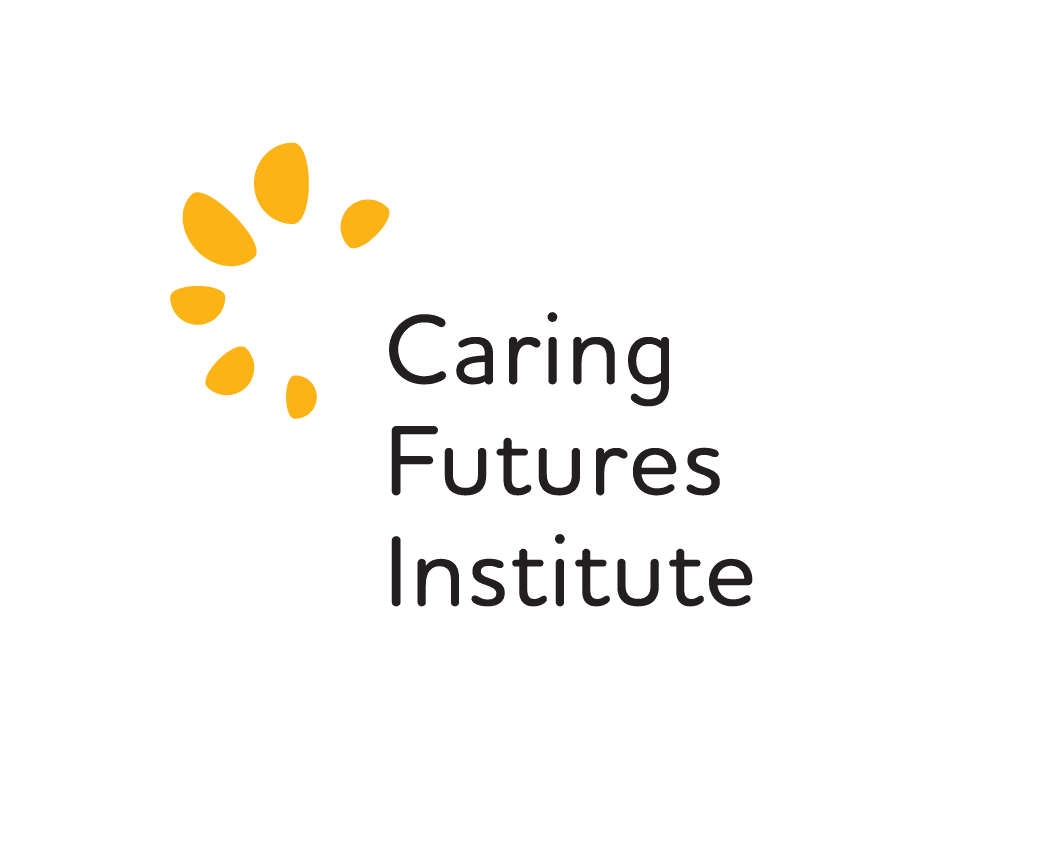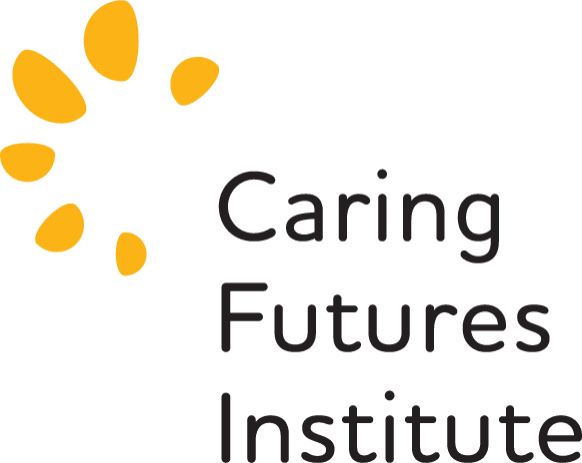Cancer Care
Our program aims to improve clinical and care outcomes for all people affected by cancer, including cancer survivors, caregivers, consumers, health professionals and health services and systems. We do this through the purposeful co-design of innovative, pragmatic and high-quality research.
Australia has the highest incidence rates of cancer in the world (measured by new cancer cases per 100,000 people) and also has some of the best survival rates. Accordingly, there is an ever-growing proportion of the population that is living with, or beyond, cancer. Today, there are over one million people living with cancer in Australia, highlighting its major health impact on society. Cancer has substantial social and economic implications for individuals, families, the community and the health system, with those affected experiencing significant unmet care needs and symptoms requiring attention.
Our cancer care program consists of a diverse group of multidisciplinary clinicians and researchers who are steadfastly focused on addressing the complex care needs of all people affected by cancer. They aim to achieve this through consumer-informed, industry-relevant research, with a common goal to transform health services and systems and inform clinical care to improve the experience of all cancer survivors.

Our Research
The Caring Futures Institute has a strong and experienced team of multidisciplinary researchers across a number of health professions to progress our ambitious program of work promoting optimal cancer survivorship care.
We develop and evaluate health innovations that promote the best outcomes for people with cancer and their caregivers across the cancer trajectory that is delivered by high-quality and sustainable health services. Through research supported by significant competitive grants and industry contributions, we aim to:
- Address cancer survivors' needs
- Address caregivers' needs
- Enhance the integration of care
- Optimise models of care
- Influence policy
Our leading researchers in this field

Professor Raymond Chan
Professor Raymond Chan RN PhD FACN GAICD is an NHMRC Investigator Fellow and Professor of Cancer Nursing, leading several NHMRC and MRFF national research projects focused on optimising models of care and health services to address the needs of people affected by cancer in the survivorship phase.

Dr Fiona Crawford-Williams
Dr Fiona Crawford-Williams PhD is a research fellow in the program with a strong track record in psycho-oncology research. Her areas of interest include investigating the effectiveness of public health or health service interventions and exploring the survivorship care needs of cancer survivors and their families living in rural and regional areas.

Dr Nicolas Hart
Dr Nicolas Hart PhD AES CSCS ESSAF is Deputy Lead of the program and a Senior Research Fellow focused on improving outcomes for people living with advanced and metastatic cancer through cancer survivorship and supportive care (including exercise, nutrition, psychosocial and toxicity management), and cancer outcomes (including disease biology, disease progression and overall survival).

Dr Matthew Wallen
Dr Matthew Wallen PhD AEP is a Research Fellow and Accredited Exercise Physiologist focused on investigating the effects of lifestyle interventions on cardiometabolic, musculoskeletal and psychosocial health in people living beyond a diagnosis of cancer, as well as solid-organ transplant candidates and recipients.
Other CFI researchers in this field
Mary-Ann Carmichael
Read more about our cancer care research
Partner with us
We can’t reinvent care alone. We need partners across industry, government, and the general public to co-design the projects and new support mechanisms. Let’s work together to understand the building blocks of care in our society.
We can make a difference together.
Be the change.
![]()
Sturt Rd, Bedford Park
South Australia 5042
South Australia | Northern Territory
Global | Online
CRICOS Provider: 00114A TEQSA Provider ID: PRV12097 TEQSA category: Australian University










